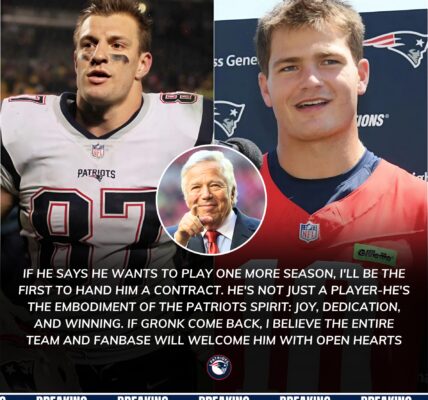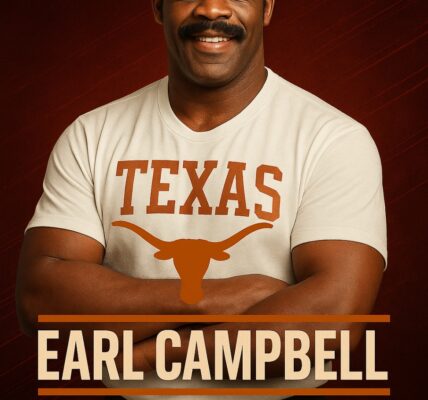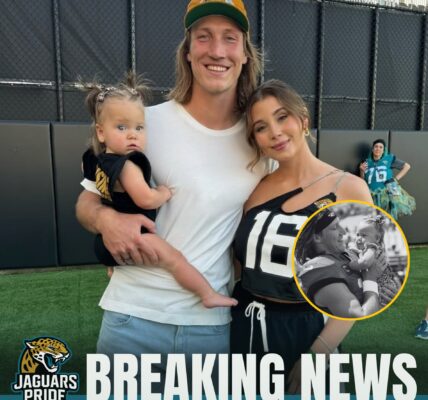Did CeeDee Lamb Call Bad Bunny’s Super Bowl Detractors ‘Bad Fit for America’s Future’?
A viral rumor that swept through social media in October 2025 claimed that Dallas Cowboys wide receiver CeeDee Lamb had stepped into the growing controversy over the NFL’s decision to name Bad Bunny as the 2026 Super Bowl halftime performer. According to the alleged quote, Lamb reportedly defended the Puerto Rican superstar and criticized those attacking him.

The Alleged Quote
Posts circulating on X (formerly Twitter), Facebook, Reddit, and Threads attributed the following words to Lamb:
“If Bad Bunny is a bad fit for the Super Bowl, then maybe the people making these comments are a bad fit for America’s future.”
The supposed statement quickly went viral, shared thousands of times across fan pages and political accounts. Many users praised Lamb for his “courage to speak out,” while others condemned the quote as “proof that the NFL has gone woke.”
Background: A Divisive Halftime Decision

The NFL’s announcement that Bad Bunny would headline the 2026 Super Bowl halftime show immediately ignited strong reactions. Supporters celebrated it as a landmark moment for Latin music and global diversity. Critics, however, accused the league of pandering and abandoning traditional American entertainment.
Even former President Donald Trump weighed in, reportedly saying he had “never heard of” Bad Bunny and calling the choice “embarrassing.” Conservative group Turning Point USA announced plans for their own “All-American Halftime Show,” promising a celebration of “faith, family, and freedom.”
The controversy quickly became one of the most talked-about cultural flashpoints of the year — and that’s when CeeDee Lamb’s name suddenly entered the conversation.
Did CeeDee Lamb Really Say It?
Despite the viral spread of the quote, there is no credible evidence that CeeDee Lamb ever made such a statement.
A search across major news outlets — including ESPN, The Athletic, Sports Illustrated, Politico, and Fox Sports — yielded no record of Lamb addressing the halftime controversy publicly. None of his verified social media accounts contained the alleged quote, nor did any reputable journalist or team source attribute such remarks to him.

Had a high-profile NFL star like Lamb made such a politically charged comment, it would have made national headlines within hours. Instead, the story appears to have originated from a fabricated post shared by an anonymous account on X, later reposted by multiple users across social platforms.
Fact-checkers from Snopes and Reuters Fact Check also confirmed that the statement was false, emphasizing that Lamb had made no public comment on Bad Bunny, the Super Bowl halftime show, or its critics.
Context: Celebrity and Culture in the NFL
The rumor’s virality speaks to a larger trend — how easily sports figures are drawn into cultural and political debates online, often without their knowledge or participation.
CeeDee Lamb, known for his explosive playmaking and calm demeanor, has generally avoided public political or cultural controversies throughout his career. His public statements have focused almost exclusively on football, family, and team goals.
The Bad Bunny halftime backlash, however, has become more than just an entertainment dispute — it’s turned into a referendum on what “American culture” represents. That makes athletes like Lamb, who symbolize youth, diversity, and the modern NFL, easy targets for misinformation campaigns seeking viral traction.

The Bottom Line
CeeDee Lamb never said that Bad Bunny’s critics were a “bad fit for America’s future.”
The viral quote was fabricated and spread without verification across multiple platforms.
As of now, neither Lamb nor the Dallas Cowboys organization has issued any official comment regarding the Super Bowl halftime controversy — and there’s no indication they plan to.
The incident serves as a reminder of how quickly false claims can spread, especially when they mix celebrity, sports, and culture wars in the digital age.
Until confirmed by reputable sources, it’s best to view such viral “quotes” with skepticism — no matter how believable or shareable they might seem.




